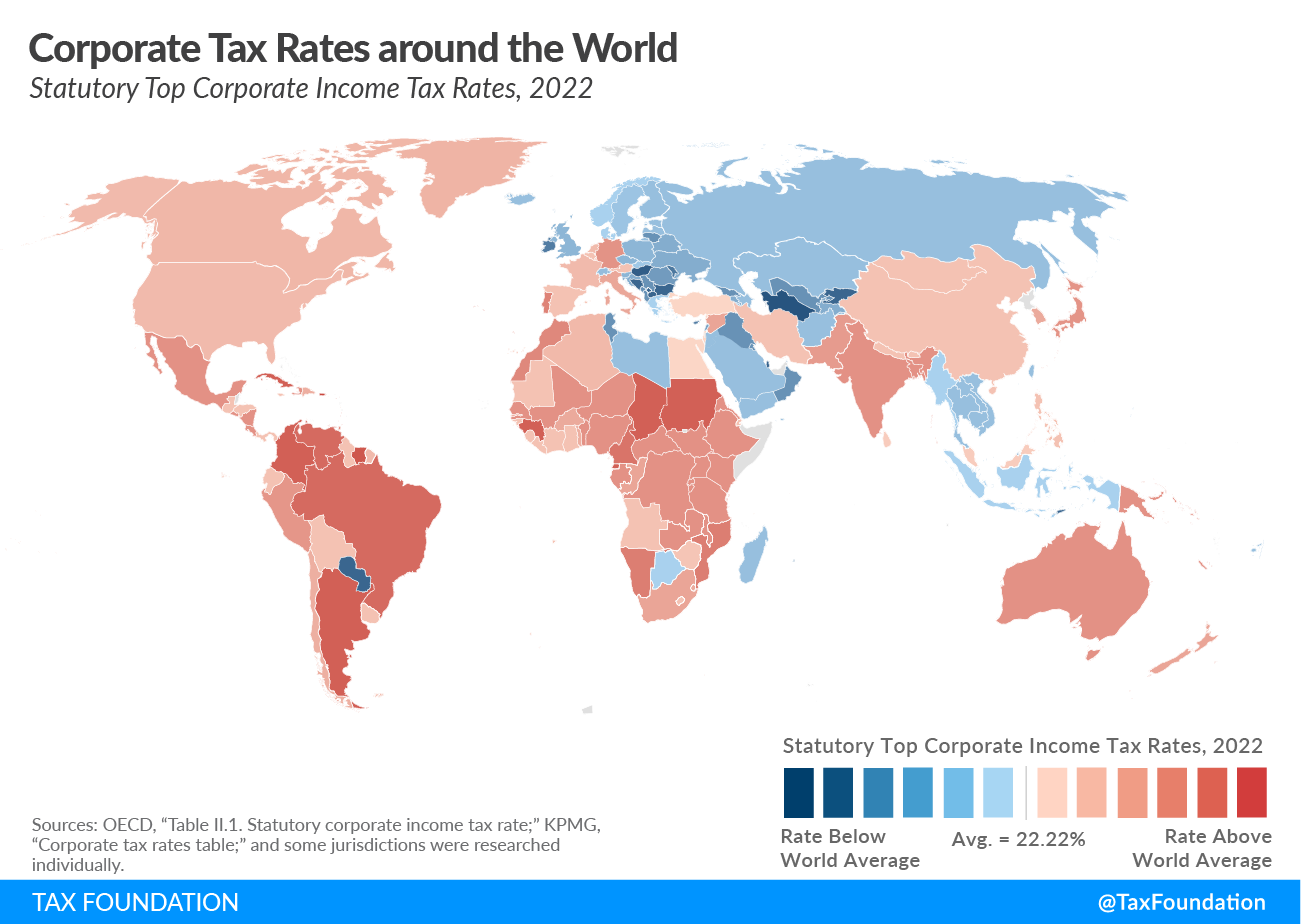DOJ Antitrust Division and HHS OIG Enter into Partnership to Increase Coordination and Enforcement in Health Care | Blogs | Health Care Law Today
On December 9, 2022, the U.S. Department of Justice Antitrust Division (DOJ) and Office of Inspector General of the U.S. Department of Health and Human Services (OIG) announced they had entered a Memorandum of Understanding (MOU) to coordinate the two agencies’ efforts on information sharing, investigations and enforcement, trainings, education, and outreach.
The press release announcing the partnership emphasizes that the agencies entered into the MOU because they share “share an interest in protecting federal health care programs and promoting competitive health care markets.” The MOU signals that the federal government continues to remain interested in antitrust enforcement in health care and that it may apply even greater scrutiny to conduct in the health care industry. More broadly, the MOU advances the objective of a “whole-of-government” approach to promoting competition that was laid out in President Biden’s July 9, 2021 Executive Order on Promoting Competition in the American Economy.
Although the two agencies share an interest in promoting competition in health care markets, they derive their authority from and enforce different federal laws. The OIG is authorized under various federal laws—including the Inspector General Act, the Social Security Act, the Health Insurance Portability and Accountability Act, the American Recovery and Reinvestment Act, and Patient Protection and Affordable Care Act—to protect the integrity of programs administered by the Department of Health and Human Services through independent oversight and enforcement. Of particular note for health care companies, the OIG has the authority to exclude individuals and entities from federal health care programs, including for certain violations of the antitrust laws. The DOJ enforces federal antitrust laws in criminal and civil suits as well as advocates for competition and provides guidance to the business community on antitrust laws.
Under the MOU, each agency will designate liaisons who will regularly meet to discuss and establish procedures for coordination of identifying anticompetitive conduct or deceptive trade practices, access to and exchanges of information, training, public outreach, and technical assistance. The MOU obligates the agencies to establish procedures for consulting and coordinating their investigative and enforcement activities with respect to potential violations of the antitrust laws or laws under OIG’s jurisdiction. To do so, the MOU grants the agencies the power to share information, including complaints, investigative files, reports, and analyses. In addition to reviewing information obtained through investigations, the MOU authorizes staff to exchange information about general patterns of conduct “that may be anticompetitive or otherwise harm health care consumers, workers, or others.” The MOU details that OIG will refer matters to DOJ when it detects potential antitrust violations and DOJ will do the same when it detects potential violations of law or regulations within OIG’s jurisdiction.
In a criminal antitrust investigation where a person or entity enters a plea agreement, deferred prosecution agreement, non-prosecution agreement, or other form of resolution and is subject to OIG’s exclusion authority, the MOU specifies that the agencies will work together to ensure that exclusions are imposed where appropriate, and that federal health care program beneficiaries maintain access to services and products. If excluded, an individual or entity will lose the ability to receive payment from federal health care programs for products or services. The MOU specifically notes that the agencies may consider divestiture to restore or increase competition in affected markets.
The MOU also reflects the DOJ’s continued interest in issues of antitrust and labor by specifying that one purpose of the MOU is to protect both consumers and workers. The press release announcing the MOU emphasizes that the agencies’ partnership will “enable both to better protect health care consumers and workers from collusion, ensure compliance with laws enforced by OIG and the Antitrust Division, and promote competitive health care markets.” As the DOJ continues to try to meet the objectives in President Biden’s Executive Order, we may expect to see more inter-agency partnerships—or partnerships with state or foreign enforcers—to increase coordination and investigative efforts, both in the health care space and beyond.
We have the resources to help you navigate the important legal considerations related to business operations and industry-specific issues. Please reach out to the author, your Foley relationship partner, or our Health Care Practice Group with any questions.






